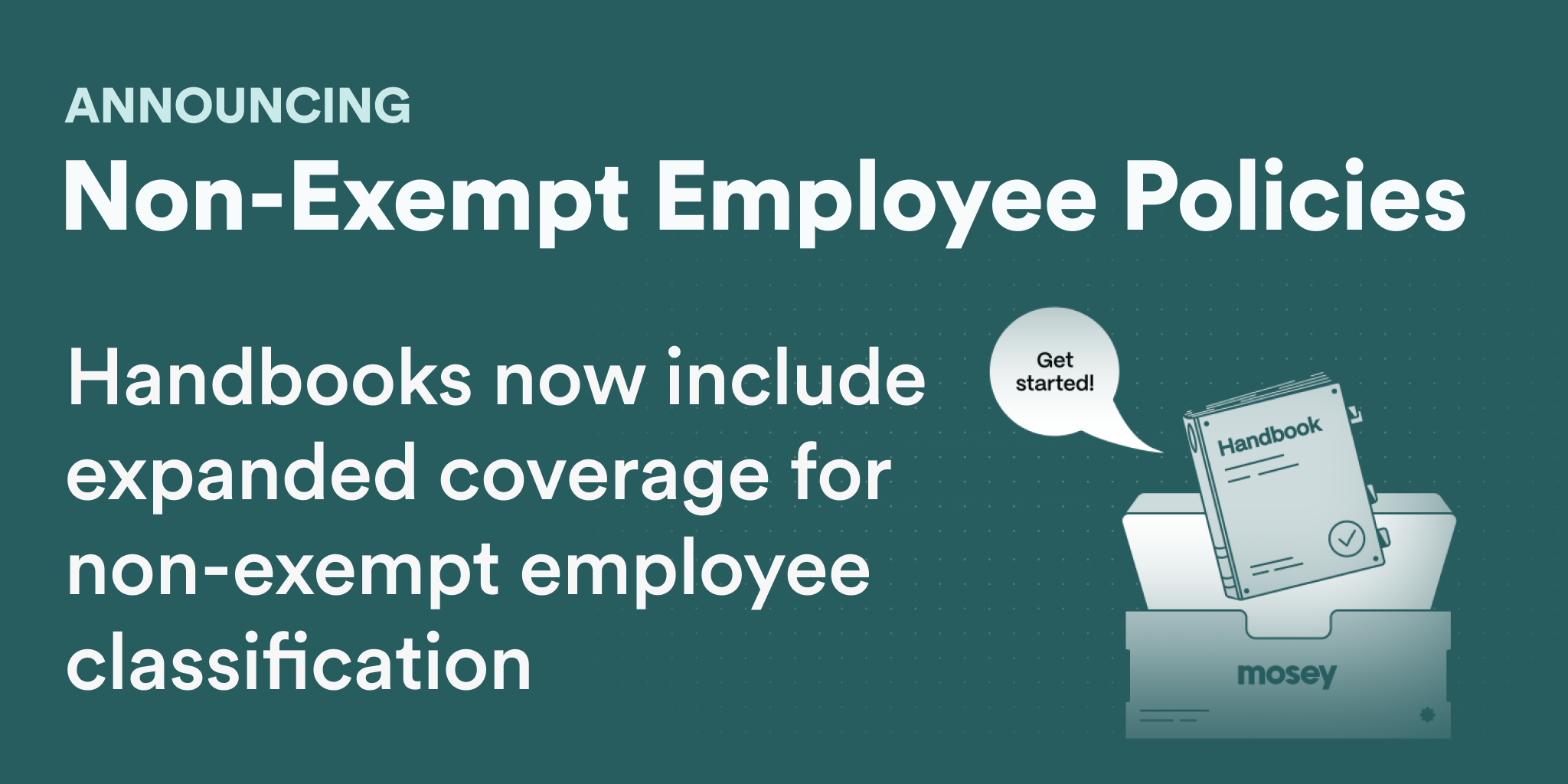Foreign qualification with the Secretary of State in Massachusetts is the process by which a business that was originally formed in another state or country obtains the authority to do business in Massachusetts. This involves registering with the Secretary of State and complying with any additional requirements for out-of-state entities operating within the state.
There are 3 different ways to foreign qualify in Massachusetts depending on your legal entity type and tax classification. Follow the guide below to help you register with the Secretary of State in Massachusetts or use Mosey to do it.
Use Mosey to register with the Secretary of State in Massachusetts.
Avoid the hassle of doing it yourself and use Mosey to automate foreign qualification, annual reports, and registered agent service.
Massachusetts Foreign Qualification for LLP
A foreign limited liability partnership that is "transacting business" in Massachusetts is required to register with the Secretary of the Commonwealth by filing a Foreign Registration Request within 10 days of commencing business. Massachusetts provides non-exhaustive lists of activities that do and do not constitute "transacting business." Note: Massachusetts does not provide pre-printed forms or online registration for Limited Liability Partnerships and you are required to provide specific information about the business in writing.
Establish a Registered Agent
You must have a resident agent in Massachusetts designated to accept service of process. Your resident agent can be any Massachusetts resident or a corporation qualified to do business in Massachusetts.
Create Foreign Registration Request
You must create and sign a request for foreign registration containing the following information about your business: (1) The federal employer identification number, (2) The name of the partnership, (3) The state under which it is formed and registered, (4) The street address of its principal office in Massachusetts, (5) A description of the business or professional service(s) in which the partnership is engaged, (6) The name and street address of its registered agent in the Commonwealth, and (7) The name and business address, if different from the principal office location, of each partner authorized to handle any document affecting real property interests or render professional services on behalf of the partnership in Massachusetts. Note: If you will provide professional services, you must also provide: (8) A statement that the partnership has complied with any rule(s) of its regulating board relative to liability insurance or permissible alternatives, and (9) A completed Certificate by Regulatory Board form.
Complete Certificate by Regulatory Board Form (Professional LLPs Only)
If your limited liability partnership provides professional services, you must complete the Certificate by Regulatory Board form to detail the members/partners licensed to practice the profession.
File Foreign Registration Request
Mail the request for foreign registration you created, the Certificate by Regulatory Board (if applicable), and payment for the filing fees to the Massachusetts Corporations Division. Note: Checks must be made payable to "The Commonwealth of Massachusetts."
Massachusetts Foreign Qualification for LLC
A foreign limited liability company that is "transacting business" in Massachusetts is required to register with the Secretary of the Commonwealth by filing a Foreign Limited Liability Company Application for Registration within 10 days of commencing business. Massachusetts provides non-exhaustive lists of activities that do and do not constitute "transacting business."
Establish a Registered Agent
You must have a resident agent in Massachusetts designated to accept service of process. Your resident agent can be any Massachusetts resident or a corporation qualified to do business in Massachusetts.
Obtain a Certificate of Good Standing
Massachusetts requires a Certificate of Good Standing (also known as a Certificate of Existence) from your home state issued within 90 days.
File Foreign Limited Liability Company Certificate of Registration
File your completed Foreign Limited Liability Company Certificate of Registration online with the Secretary of the Commonwealth Corporations Online Filing System.
Massachusetts Foreign Qualification for Corporation
Corporations that are "transacting business" in Massachusetts are required to register with the Secretary of the Commonwealth by filing a Foreign Corporation Certificate of Registration within 10 days of commencing business. Massachusetts provides non-exhaustive lists of activities that do and do not constitute "transacting business."
Obtain a Certificate of Good Standing
Massachusetts requires a Certificate of Good Standing (also known as a Certificate of Existence) from your home state issued within 90 days.
Establish a Registered Agent
You must have a resident agent in Massachusetts designated to accept service of process. Your resident agent can be any Massachusetts resident or a corporation qualified to do business in Massachusetts.
Complete Foreign Corporation Certificate of Registration
Fill out the Foreign Corporation Certificate of Registration, then print and sign the form. Note: The form must be typed.
File Foreign Corporation Certificate of Registration
File your completed Foreign Corporation Certificate of Registration to the Secretary of the Commonwealth by mail.
What else do I need to know?
Once you are registered with the Secretary of State, you may have additional requirements to maintain your "good standing" in the state. Failing to do so can result in fines, back taxes, and forfeiting certain priveleges within the state.
Maintaining a Registered Agent
Most states require that you have a registered agent that can receive important mail from the Secretary of State should they need to contact you. There are many commercial options available or you can use Mosey to be your registered agent and keep your information private in Massachusetts.
Annual Reports and Taxes
In addition to maintaining a registered agent, most states require you to file a report annually. Registration can also trigger state taxes such as a franchise tax or income tax. You can use Mosey to identify these additional requirements to maintain good standing in Massachusetts.



